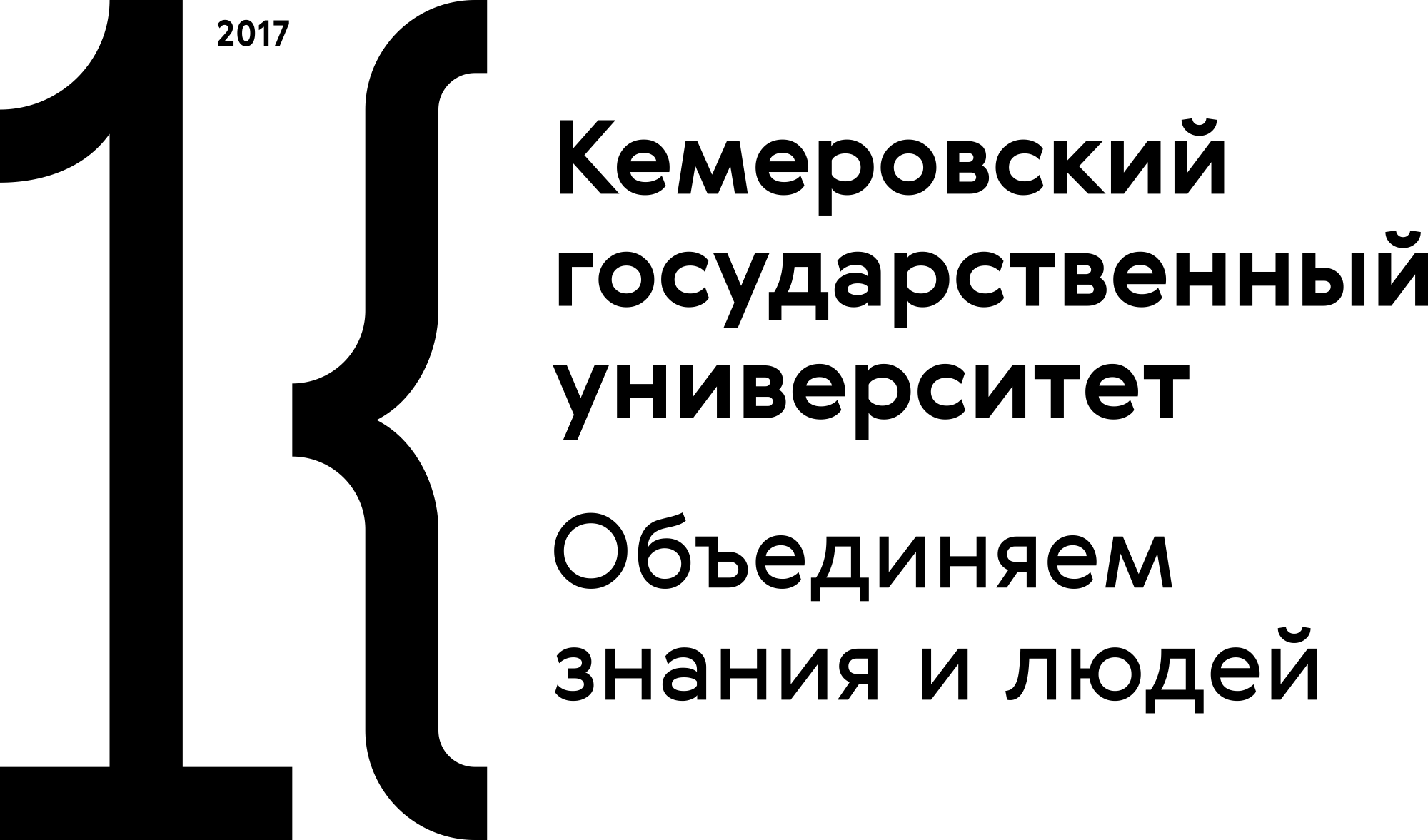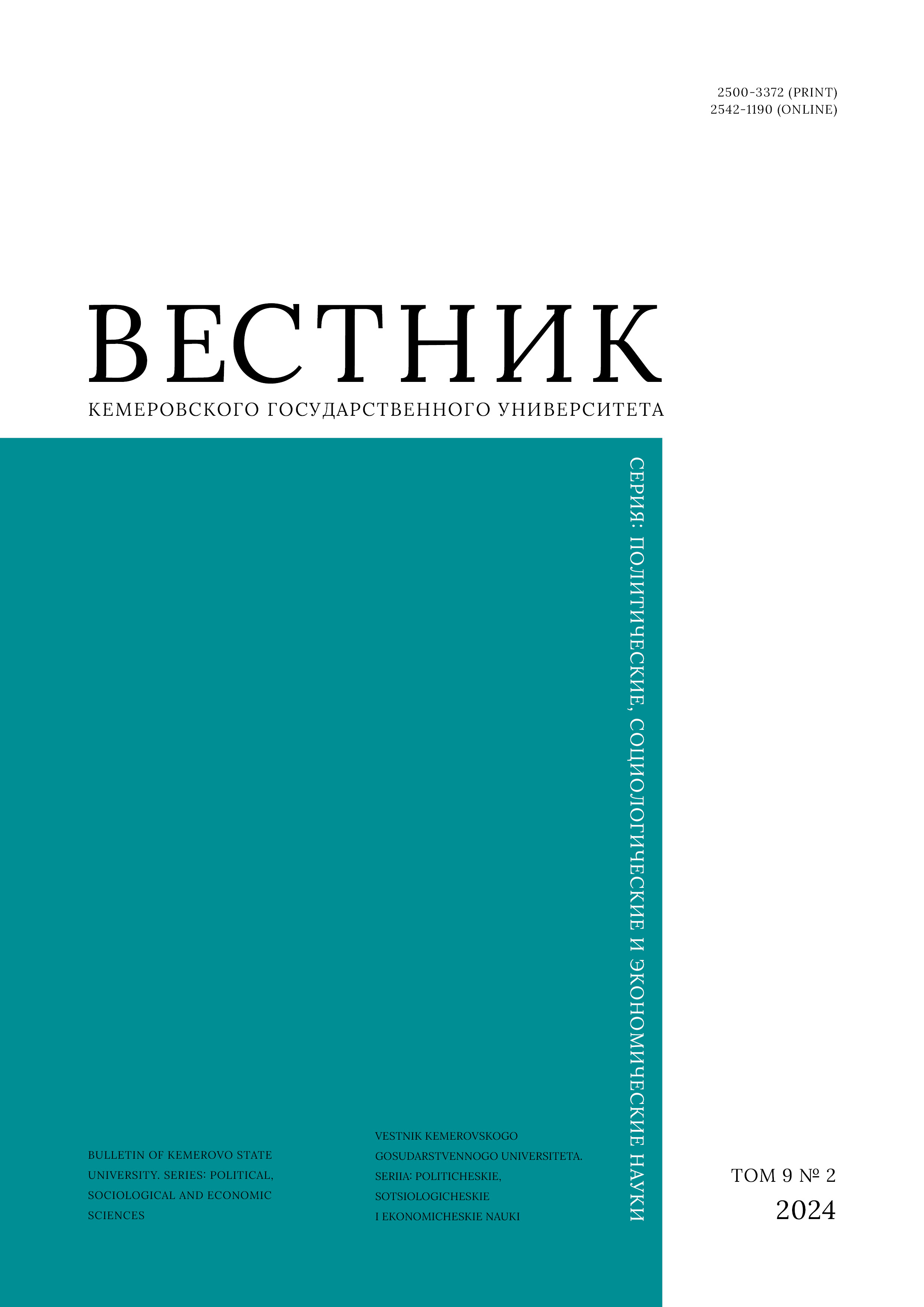from 01.01.1923 until now
Kemerovo State University
Kemerovo, Russian Federation
In modern Russia, the family institution is a matter of national security. This research featured the key transformations of the modern Russian family. The article presents the transformation stages in the context of the actual social relations, identifies the factors of these changes, and establishes the main trends that characterize the current state of the Russian family. Family models have become more diverse, as well as the strategies of couple relationship and parenthood. The traditional family functions are undergoing some transformations, e.g., new formats appear while others fade into the past. The modern family is characterized by individualism and rationalization instead of standards. Late parenthood requires more available reproductive technologies. These new trends are to be observed all over the country and in all age groups. Young metropolitan dwellers manifest rationalization and freedom of choice: they make marriage and divorce decisions quite easily, see marriage as optional, and are prone to late marriage and parenthood. The concept and implementation of state family policy in modern Russia need to take into account the abovementioned trends, as well as the actual attitude of the population to family relations and parenthood.
family, transformation of family institution, family functions, family structure, family values, family behavior, family lifestyle and parenthood, state family policy
1. Russian society and state in the context of the emergence of a new world order: Demographic situation in 2022, eds. Ryazantsev S. V., Rostovskaya T. K. Moscow: Prospekt, 2023, 448. (In Russ.) https://doi.org/10.19181/monogr.978-5-392-38629-1.2023
2. Rostovskaya T. K. On the development of an action Strategy to save men and support responsible fatherhood: The author’s view. Bulletin of the South-Russian State Technical University (NPI). Series: Socio-Economic Sciences, 2023, 16(1): 40–47. (In Russ.) https://doi.org/10.17213/2075-2067-2023-1-40-47
3. Bachofen J. J. Das Mutterrecht: Eine Untersuchung über die Gynaikokratie der alten Welt nach ihrer religiösen und rechtlichen Natur. Stuttgart: Verlag von Krais & Hoffmann, 1861, 435.
4. McLennan J. F. Primitive marriage: An inquiry into the origin of the form of capture in marriage ceremonies. Edinburgh: Adam and Charles, 1865, 326.
5. Morgan L. H. Systems of consanguinity and affinity of the human family. Washington: Smithsonian Institution, 1870, 590. https://doi.org/10.5962/bhl.title.29577
6. Sociology of the family, ed. Antonov A. I. 2nd ed. Moscow: Infra-M, 2005, 640. (In Russ.) https://elibrary.ru/qodlhx
7. Sorokin P. A. The crisis of the modern family. Moscow State University Bulletin. Series 18. Sociology and Political Science, 1997, (3): 65–79. (In Russ.)
8. Sociology in Russia, ed. Iadov V. A. 2nd ed. Moscow: FCTAS RAS, 1998, 696. (In Russ.) https://www.elibrary.ru/tcioab
9. Antonov A. I. Sociology of fertility: Theoretical and methodological problems. Moscow: Statistika, 1980, 271. (In Russ.)
10. Borisov B. I. Fertility prospects. Moscow: Statistika, 1976, 248. (In Russ.)
11. Vasilieva E. K. Family and its functions. Demographic and statistical analysis. Moscow: Statistika, 1975, 181. (In Russ.)
12. Vishnevsky A. G. Population reproduction and society. History, modernity, and prospects. Moscow: Finansy i statistika, 1982, 287. (In Russ.)
13. Golod S. I. Family stability: Sociological and demographic aspects. Leningrad: Nauka, 1984, 136. (In Russ.) https://www.elibrary.ru/xpmunf
14. Matskovsky M. S., Gurko T. A. Young family in a big city. Moscow: Znanie, 1986, 48. (In Russ.) https://www.elibrary.ru/ymckbf
15. Matskovsky M. S., Zaikina G. A., Gurko T. A. Specifics of modern marriage and family relations. Social sphere. Transformation of working and living conditions, ed. Ivanov V. N. Moscow: Nauka, 1988, 106–153. (In Russ.) https://www.elibrary.ru/ynvegb
16. Antonov A. I., Medkov V. M. A second child. Moscow: Mysl, 1987, 299. (In Russ.)
17. Sinelnikov A. B. Marriage and birth rates in the USSR. Moscow: Nauka, 1989, 104. (In Russ.)
18. Sysenko V. A. Marriage stability. Problems, factors, and conditions. Moscow: Finansy i statistika, 1981, 200. (In Russ.)
19. Yurkevich N. G. Soviet family. Functions and conditions of stability. Minsk: BSU, 1970, 207. (In Russ.)
20. Kharchev A. G. Marriage and family in the USSR. Moscow: Mysl, 1979, 368. (In Russ.)
21. Golod S. I. Russian family's state and evolution – sociological demographic analysis. Sociological Studies, 2008, (1): 40–49. (In Russ.) https://elibrary.ru/ipwlwl
22. Kuchmaeva O. V., Kuchmaev M. G., Petryakova O. L. Transformation of institution of family and family values. Bulletin of Slavic Cultures, 2009, (3): 20–29 (In Russ.) https://elibrary.ru/kwdgiz
23. Kuchmayeva O. V., Rostovskaya T. K. Russian family and family policy: Trends and estimates. National demographic priorities: New approaches and trends, ed. Ryazantsev S. V. Moscow: Ekon-inform, 2019, 267–271. (In Russ.) https://elibrary.ru/uyxpez
24. Berkovsky V. A., Bobryshov S. V., Ivakina V. V., Kanevskaya Zh. O., Maslova T. F., Sumenko L. V., Tronina L. A. Transformation of the axiological foundations of the modern Russian family. Stavropol: SSPI, 2018, 128. (In Russ.) https://www.elibrary.ru/aafljm
25. Galkina E. P., Kadnichanskaya M. I. Transformat ion of the institution of family in today's modernization process. Herald of Omsk University. Series Economics, 2015, (3): 193–200. (In Russ.) https://elibrary.ru/uywgwp
26. Vishnevsky A. G. The demographic revolution is changing the reproductive strategy of Homo Sapiens. Demograficheskoe obozrenie, 2014, 1(1): 6–33. (In Russ.) https://elibrary.ru/tlmuvv
27. Rozenberg N. V., Ivanishko A. M. Manifestations of the second demographic transition in Russia and Penza Region: Features of reproductive attitudes. Science. Society. State, 2021, 9(4): 148–158. (In Russ.) https://doi.org/10.21685/2307-9525-2021-9-4-17
28. Sinelnikov A. B. Family and demographic context of large families in modern Russia. Remaking the World: Exploring (in) a New Reality: Proc. XIII Intern. Sociolog. Grushinskaya Conf., Moscow, 25–27 May 2023. Moscow: VCIOM, 2023, 77–82. (In Russ.) https://www.elibrary.ru/olynha
29. Navitskaya T. Assisted reproductive technologies as a factor of family relationshipreconfiguration in Belarus and Russia. Science and Innovation, 2018, (4): 27–33. (In Russ.) https://elibrary.ru/xsfhhf
30. Rostovskaya T. K., Kuchmaeva O. V. Transformation of the desired family model in different generations: Results of the All-Russian sociological study. RUDN Journal of Sociology, 2020, 20(3): 527–545. (In Russ.) https://doi.org/10.22363/2313-2272-2020-20-3-527-545
31. Gurko T. A. Family institute in postindustrial societies. Values and Meanings, 2011, (4): 26–44. (In Russ.) https://www.elibrary.ru/opzegz
32. Sinelnikov A. B. Family and marriage: Crisis or modernization? Sociological Journal, 2018, 24(1): 95–113. (In Russ.) https://doi.org/10.19181/socjour.2018.24.1.5715
33. Bezrukova O. N., Samoylova V. A. Fatherhood in modern Russia: Meanings, values, practices and intergenerational translation. Sociological Studies, 2022, (2): 94–106. (In Russ.) https://doi.org/10.31857/S013216250016970-0
34. Chernyak E. M. Family studies: Subculture of family and marriage. Moscow: Dashkov i K, 2021, 288. (In Russ.) https://www.elibrary.ru/rfnqzq
35. Goncharova N. L. On the state of the stationary form of service for the population over the working age. Bulletin of the Academy of Knowledge, 2020, (41): 79–84. (In Russ.) https://doi.org/10.24412/2304-6139-2020-10765
36. Antonov A. I., Karpova V. M., Lyalikova S. V., Novoselova E. N., Sinelnikov A. B. The family-child lifestyle values (SeDOJ–2019). Moscow: MAKS Press, 2020, 486. (In Russ.) https://doi.org/10.29003/m857.SeDOJ-2019
37. Mustafaeva D. Sh. The educational environment as a condition for preparing a future teacher for the formation of a value-based attitude towards the family. Vestnik universiteta, 2013, (7): 264–270. (In Russ.) https://www.elibrary.ru/rmsekd
38. Nevelichko L. G., Vorotilkina I. M. Problems of transformation of the institution of family and marriage at the present stage. World of Science. Series: Sociology, Philology, Cultural Studies, 2023, 14(2). (In Russ.) https://doi.org/10.15862/43SCSK223
39. Sinelnikov A. B. Social acceptability of objective and subjective reasons for divorce in modern Russia. Sotsiologicheskie Issledovaniya, 2023, (4): 75–83. (In Russ.) https://doi.org/10.31857/S013216250022703-6
40. Gurko T. A. Family and parenthood in Russia against the backdrop of post-industrial societies. Sociology and society: global challenges and regional development: Proc. IV The next All-Russian Sociolog. Congress, Ufa, 23–25 Okt 2012. Moscow: ROS, 2012, 3343–3350. (In Russ.) https://www.elibrary.ru/rgoxqn

















